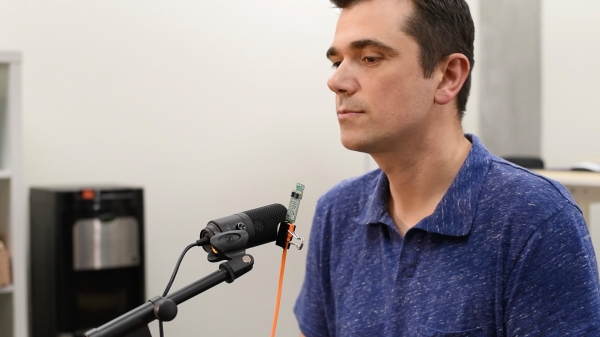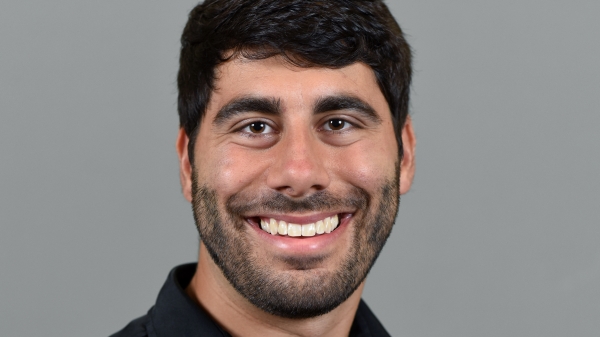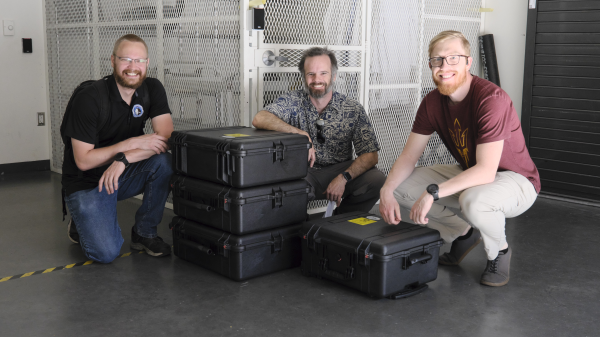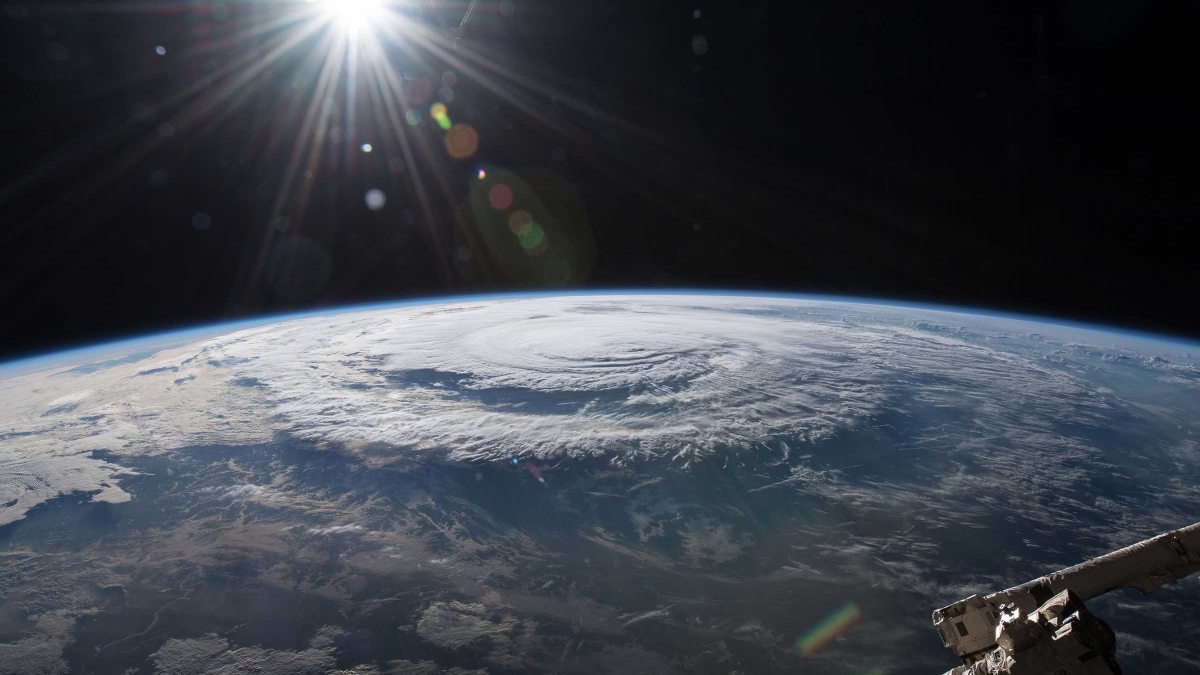Arizona State University’s Origins Project is being transitioned into the Interplanetary Initiative, which is headed by Lindy Elkins-Tanton, the director of ASU’s School of Earth and Space Exploration.
The Interplanetary Initiative has the goal of building the future of humans in space to create a bolder and better society. It will do this by tackling some of the grand challenges presented before society, like: How can public and private support be galvanized for space exploration? What fundamental rules govern the self-sustainability of ecosystems for long-term space settlement? How can we successfully build thriving communities on other worlds?
Because it tackles such large questions, the initiative will draw from all university units and be problem-driven, rather than single-topic-focused as traditional science is today.
“We’re working on a new model for research and education in the university,” Elkins-Tanton said of the initiative. “Our new model is egalitarian, question-driven knowledge, rather than individual investigator-driven research. We have an experimental process for creating teams around big questions, and these teams include people from the community, from the private sector, from government, as well as the university. And we are bringing the techniques of complex problem-solving into the undergraduate curriculum. We hope to fill our society with people who are motivated and know how to solve the problems they see before them.”
Elkins-Tanton said leveraging Origins team strengths in events, building communities, creating compelling materials and communicating with the public will help propel the Interplanetary Initiative.
As part of its activities, the Interplanetary Initiative will produce a program of events that are oriented toward the future of humans in space, Elkins-Tanton said. “We will strive to include the broader community not just in staged events but in dialogue and salons,” she added.
“We are really excited about adding and expanding our offering of the Interplanetary Initiative,” Elkins-Tanton added. “We think this is going to give the Interplanetary Initiative a boost and expand its reach to the public, which will benefit all of those involved.”
Top photo courtesy of NASA
More Science and technology

ASU researchers develop special microphone to verify human speech
Deepfakes have become a large societal concern with the advent of video and audio content generated by artificial intelligence, or AI. A deepfake is a convincing imitation that blurs the lines…

Leading students toward a future of renewable energy
Nicholas Rolston, assistant professor in the School of Electrical, Computer and Energy Engineering, one of the Ira A. Fulton Schools of Engineering at Arizona State University, has found his passion…

SPARCS mission spacecraft bus delivered to ASU for final assembly
The Arizona State University team that is building the NASA-funded Star-Planet Activity Research CubeSat, or SPARCS, cleared a major milestone this week — receiving its spacecraft bus at the School…
